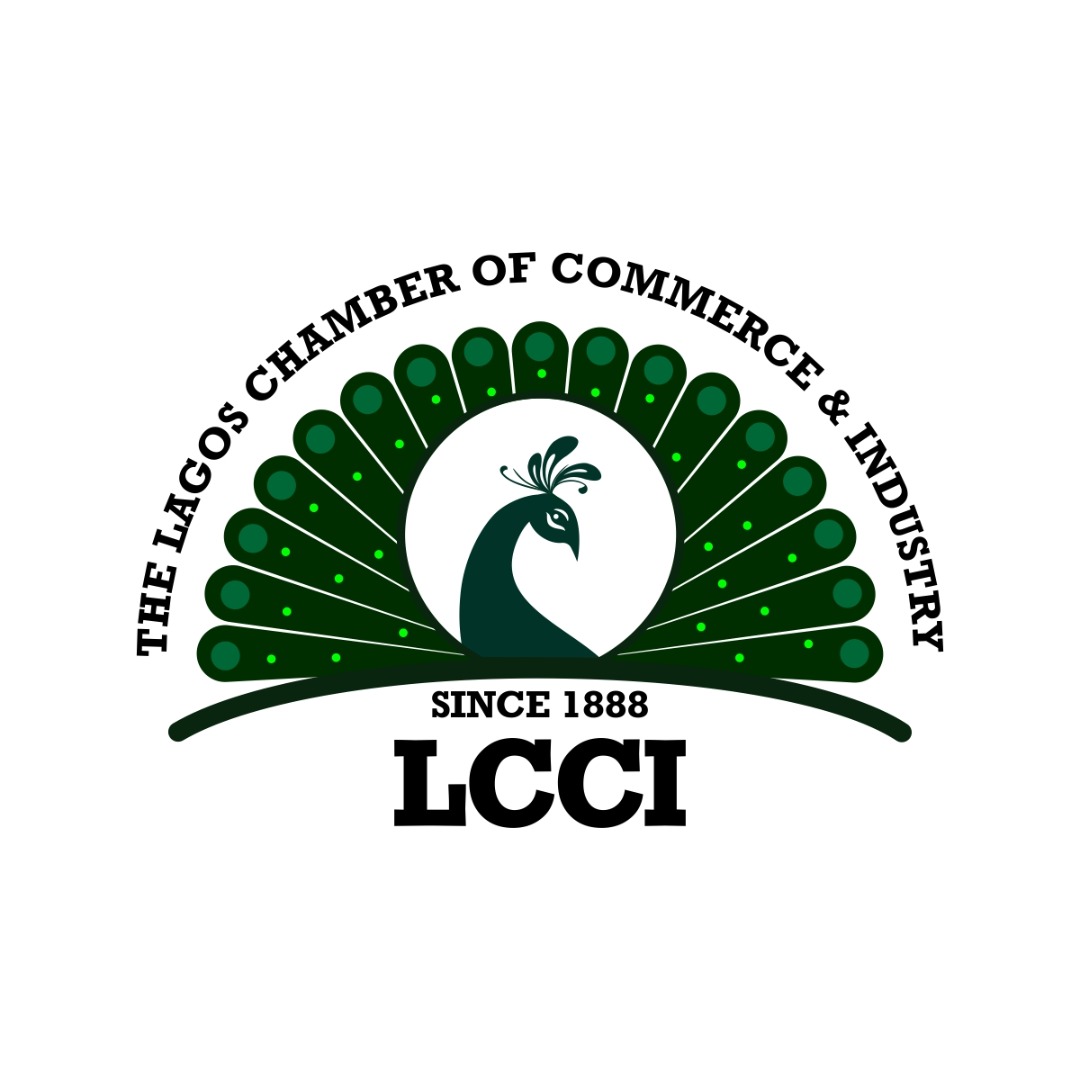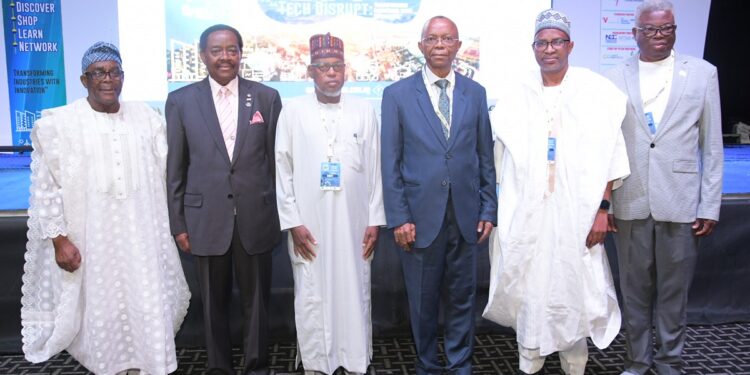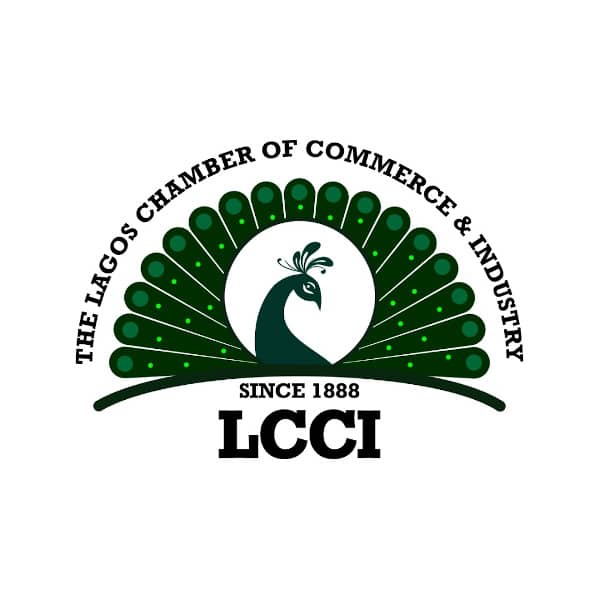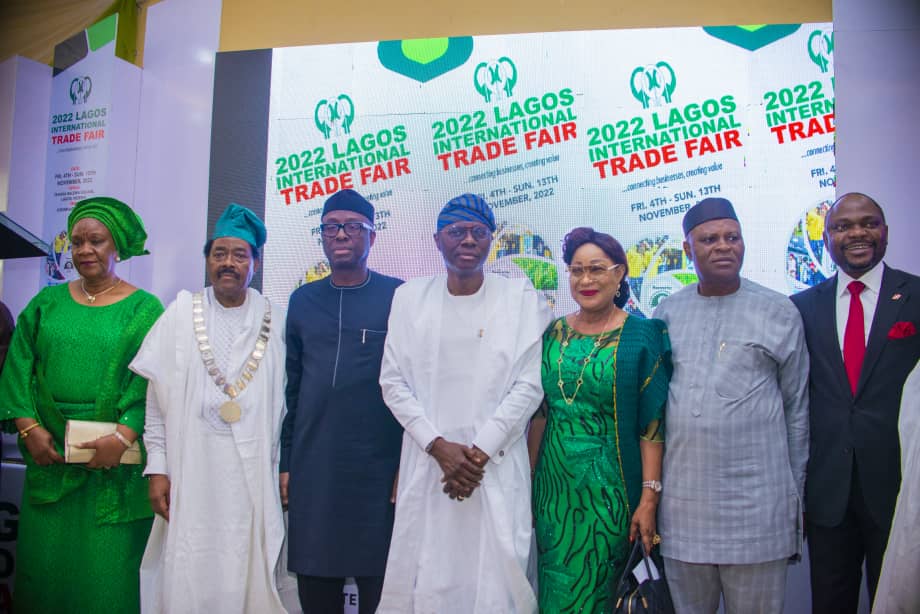Business
LCCI Releases Fresh Statement on Nigeria’s Q2 2023 GDP Growth Rate, According to NBS
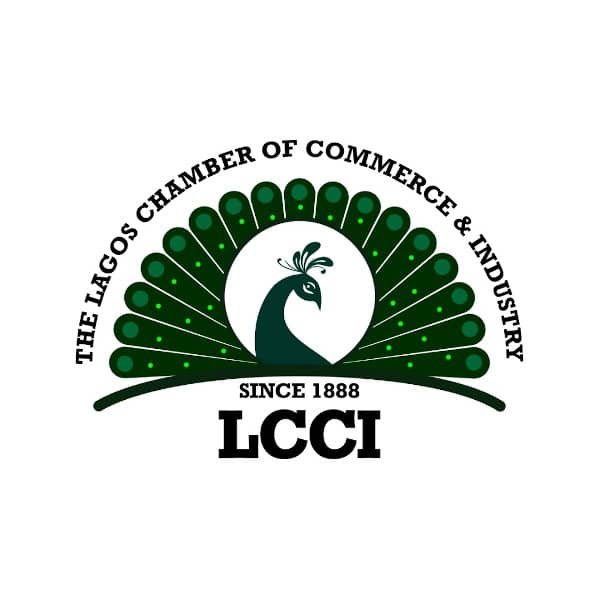
The Lagos Chamber of Commerce and Industry (LCCI) has released statement on Nigeria’s Q2 2023 GDP Growth Rate.
Nigeria’s gross domestic product (GDP) grew by 2.51 percent in the second quarter (Q2) of 2023, according to the National Bureau of Statistics (NBS).
The growth rate grew in the second quarter compared to 2.31% in the first quarter of 2023.
The Q2 growth implies the 11th consecutive quarter of economic growth, though lower than the 3.54% recorded in the same quarter of 2022.
In the report, released on Friday, the NBS attributed the 2023 Q2 growth rate to the challenging economic conditions caused by fuel subsidy removal and exchange rate harmonization.
The bureau said the growth rate was driven by the services sector.
The services sector, according to NBS, improved by 4.42 percent and contributed 58.42 percent to the aggregate GDP, while the agriculture and the industry sector underperformed.
The report also said Nigeria recorded an average daily oil production of 1.22 million barrels per day (bpd) in Q2 of 2023.
According to NBS: ” The recession in the oil sector persisted with a higher contraction of –13.43% in the quarter compared to –4.21% in the previous quarter.
“The significant decline in the oil sector reflects suboptimal daily oil production due to a lack of accountability, oil theft, pipeline vandalism, underinvestment, and rising cost of production”.
On the other hand, the agency said the non-oil sector grew by 3.58 percent in real terms during the reference quarter (Q2 2023).
“The non-oil sector grew by 3.58%, a slight expansion of 0.81% points compared to 2.77% in Q1 2023 and lower by 1.19% points compared to Q2 2022.
“The top five sectors that contributed to growth are solid minerals (31.9%), finance & insurance (26.8%), utilities (11.0%), information and communication (8.6%), and construction (3.4%).
“In contrast, the slowest growing sectors are transport & storage (–50.6%), oil & gas (–13.4%), education (1.4%), agriculture (1.5%) and other services (1.7%). The growth recorded in the manufacturing sector remained low at 2.20%”.
However, the Lagos Chamber of Commerce and Industry (LCCI) through the Director General, DR Chinyere Almona FCA, noted that the significant contraction recorded in transport & storage and the sub-optimal growth in manufacturing and trade largely reflect the deregulation of the downstream oil sector, exchange rate volatility, and weak consumer demand.
She also noted that the Chamber recommends government should adopt more prudent fiscal policy measures to effectively manage inflation and address the issue of high-interest rate and exchange rate volatility.
“We commend the Federal Government’s declaration of a state of emergency on food security and urge them to prioritize farmers’ areas of assistance, fertilizers, and seeds to mitigate the effects of subsidy removal and create strategic food reserves to be used as price stabilization mechanisms, she concluded.


